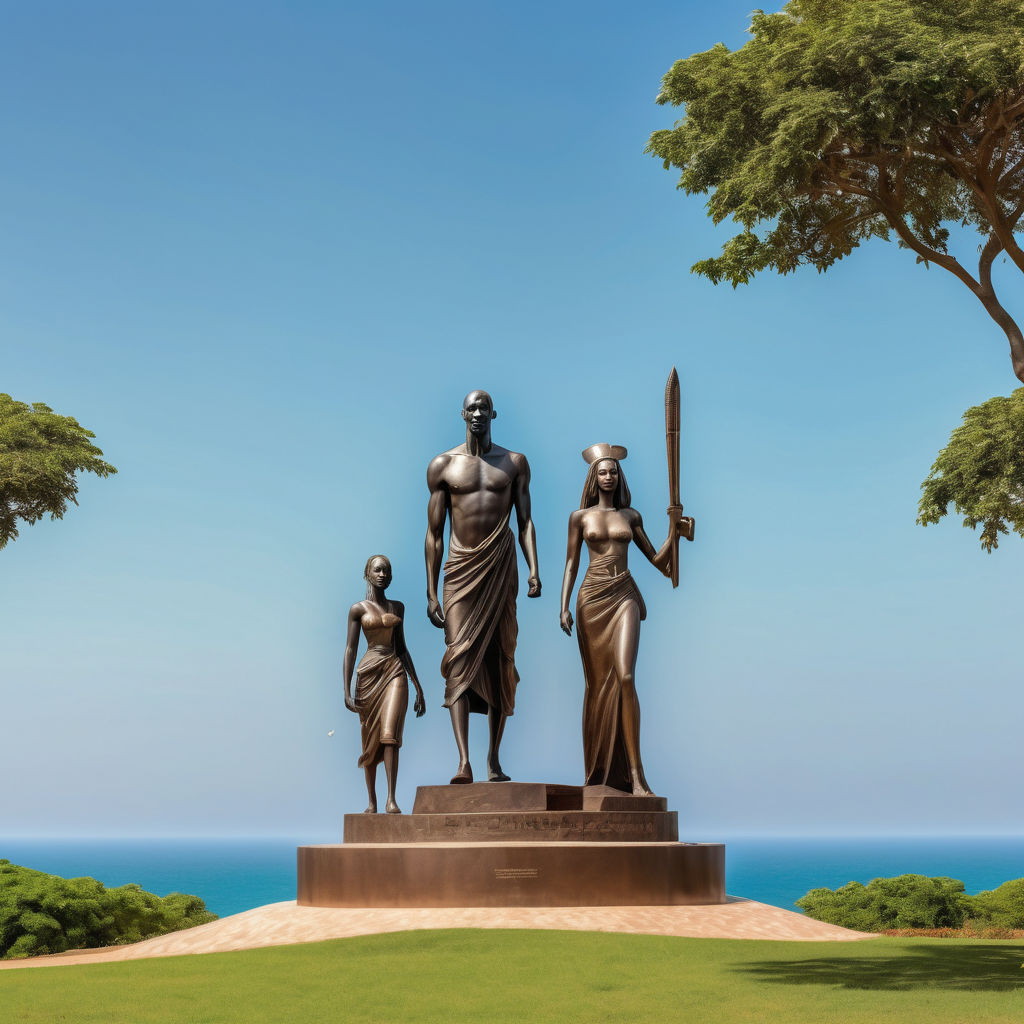Discover Senegal: A Land of Vibrant Culture and Rich History
Explore Senegal's Unique Blend of Traditions and Modern Influences

Introduction to Senegal
Senegal, located on the west coast of Africa, is a country known for its vibrant culture, rich history, and dynamic cities. Bordered by Mauritania, Mali, Guinea, Guinea-Bissau, and The Gambia, it also boasts a long Atlantic coastline. Dakar, the capital and largest city, is a hub of political, economic, and cultural activities, while other significant cities include Saint-Louis, with its colonial architecture, and Touba, the center of the Mouride brotherhood. Senegal's cultural heritage is a tapestry of indigenous traditions, Islamic influences, and colonial history, creating a unique and diverse cultural landscape.
Cross-national and Cross-cultural Understanding
Senegalese people are generally known for their openness and hospitality, often described by the Wolof term "teranga," which embodies the value of hospitality and sharing. This cultural principle is a cornerstone of Senegalese society and greatly influences how they perceive and engage with other cultures. Senegal actively promotes cross-cultural understanding through various cultural exchanges, educational programs, and international partnerships. The country's universities and institutions participate in numerous exchange programs, such as those facilitated by the Fulbright Program and the Erasmus+ scheme. These initiatives bring students and scholars from around the world to Senegal, fostering a rich environment of cultural exchange and mutual learning. Additionally, cultural festivals such as the Dakar Biennale and Saint-Louis Jazz Festival attract international artists and audiences, further enhancing cross-cultural dialogue.
Interactions and Social Dynamics
Interactions between Senegalese people and foreigners are typically characterized by warmth, respect, and curiosity. Senegalese social behaviors are deeply rooted in respect for elders and communal harmony. Greetings are an essential part of daily interactions, often involving a series of questions about one’s health and family, reflecting the importance of social bonds. Communication styles in Senegal tend to be indirect and polite, with a strong emphasis on maintaining harmony and avoiding confrontation. This can sometimes lead to misunderstandings for foreigners who are used to more direct communication styles. However, the overall friendliness and willingness to engage make these interactions pleasant and enriching. Language plays a crucial role in facilitating interactions. While French is the official language, Wolof is the most widely spoken language and often serves as a lingua franca. Many Senegalese are multilingual, speaking their ethnic languages alongside French and Wolof. This multilingualism enhances communication with foreigners and reflects the country's diverse linguistic heritage.
Views on Dating and Relationships
Dating and relationships in Senegal are influenced by a blend of traditional values and modern attitudes. In urban areas like Dakar, young people often date openly, though there is still a strong emphasis on family approval and involvement. In more rural areas, traditional practices and expectations are more prevalent, with arranged marriages still common in some communities. Senegalese society generally views relationships with foreigners positively, especially in urban settings where cross-cultural interactions are more frequent. There is an appreciation for different cultures and a recognition of the potential for personal growth and broader perspectives through such relationships. However, traditional expectations regarding respect for elders, family approval, and religious considerations can influence attitudes toward dating foreigners.
Marriage and Family
Marrying foreigners in Senegal is generally accepted, particularly in cosmopolitan areas. The legal framework supports cross-cultural marriages, although certain bureaucratic procedures must be followed, such as obtaining necessary documentation and adhering to local marriage laws. Socially, cross-cultural marriages are viewed as opportunities for cultural exchange and mutual enrichment. Weddings in Senegal are often elaborate events that combine traditional practices with modern elements. For instance, a traditional Wolof wedding might be followed by a more contemporary reception, blending different cultural influences. Family plays a central role in Senegalese society, and this extends to marriage. Families are typically involved in the matchmaking and wedding process, ensuring that cultural traditions and values are upheld. Marrying a foreigner often requires navigating different cultural expectations and traditions, but it also provides an opportunity for families to expand their cultural horizons.